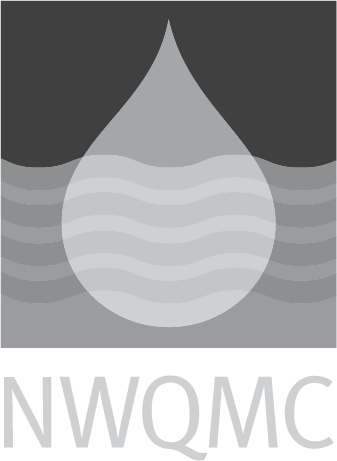AFS: AFS Warmwater Fish: Fishes, Warmwater, in wadeable streams by electrofishing and seining
|
Official Method Name
|
Chapter 4: Warmwater fish in wadeable streams (of Standard Methods for Sampling North American Freshwater Fishes) |
|---|---|
|
Current Revision
| 2009 |
|
Media
|
WATER (Waterbody type - Wadeable stream) |
|
Instrumentation
|
Electrofishing Unit |
|
Method Subcategory
|
Population/Community |
|
Method Source
|
|
|
Citation
|
|
|
Protocol
|
AFS NA Freshwater Fishes - Standard Methods for Sampling North American Freshwater Fishes |
|
Brief Method Summary
|
Sections of this chapter include: 4.1.1 Definition of Water Body 4.1.2 Fishes Targeted "Sampling fish in warmwater streams is usually done for one of two reasons: (1) to evaluate a targeted species (e.g., sport fish or endangered species), or (2) to evaluate the entire fish assemblage. 4.1.3 Standard Gears "Two methods should be used for standard sampling in wadeable streams: (1) DC electro- fishing---either with tow-barge or backpack electrofishing units, and (2) beach seining. The standard methods were chosen based on simplicity and how commonly they are used by biologists. Use of one over the other is likely to be a decision based primarily on stream size (i.e., narrow-wadeable, wide-wadeable, and nonwadeable sections [pools] of otherwise wadeable streams) and heterogeneity (i.e., the amount of obstructions such as woody debris, protruding sacks, and undercut banks)." 4.2.4 Time of Sampling 4.2.5 Computation of Effort "Abundance can either be indexed via catch per unit effort (CPUE) or estimated directly via population models." |
|
Scope and Application
|
This method pertains to Chapter 4, "Warmwater fish in wadeable streams" in the American Fisheries Society's Standard methods for sampling North American freshwater fishes. |
|
Applicable Concentration Range
|
|
|
Interferences
|
|
|
Quality Control Requirements
|
|
|
Sample Handling
|
|
|
Maximum Holding Time
|
|
|
Relative Cost
|
Unknown |
|
Sample Preparation Methods
|




